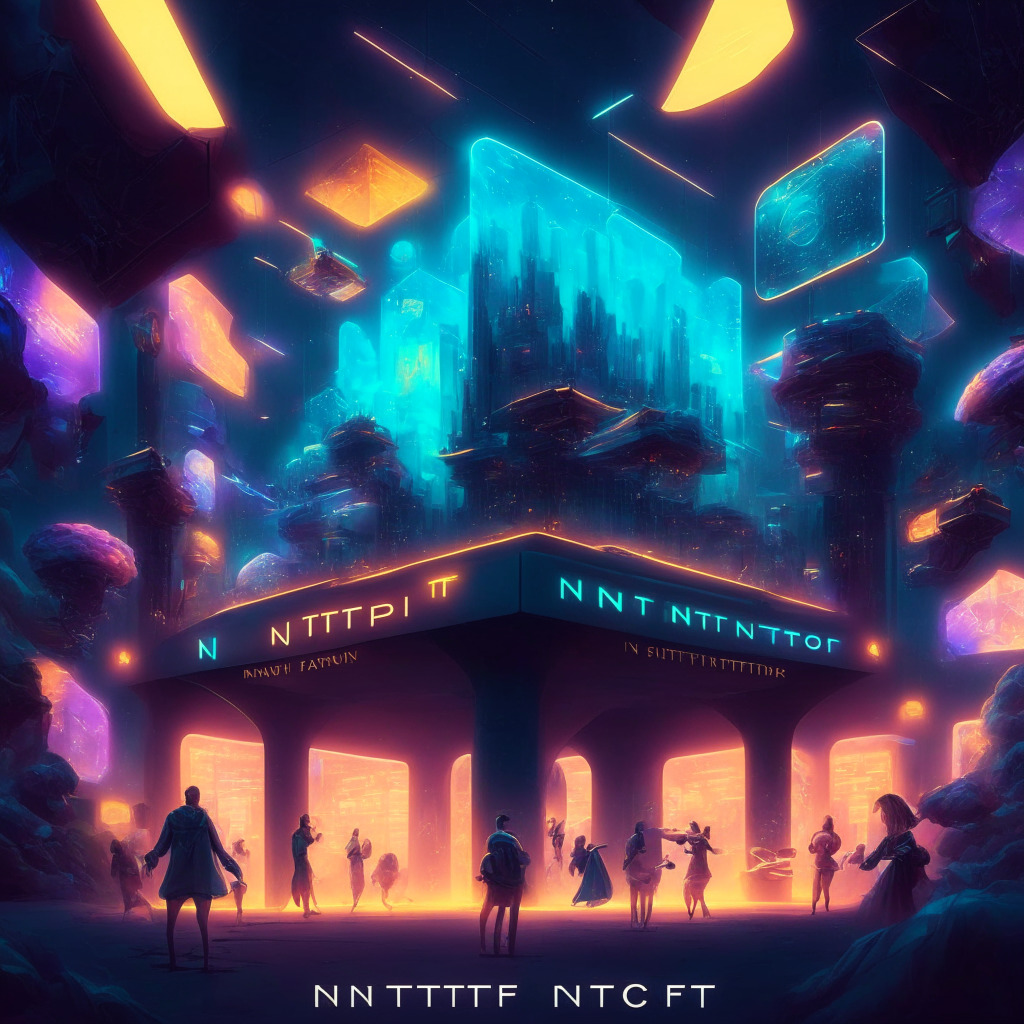An exciting development is taking shape in the bustling South Korean city of Busan. City officials have recently made announcements for the launch of a digital assets trading platform that will be fully functioning by the end of this year. Inspired by fourth-generation blockchain technology, this trading platform aims to tokenize valuable assets like raw materials and precious metals.
Leveraging entirely private capital, the project has already garnered interest from key individuals such as Busan Mayor Park Hyeong-jun. The ambitious plan outlines a public offering in mid-October, with a selected business operator to start in November.
The proposed Busan-based exchange aims to diversify the assets it covers, including carbon & emissions certificates and intellectual property rights. The term used to describe this project by the city officials is the Busan Digital Asset Exchange (BDX). Throughout the development journey of this project, city officials have partnered with key players of the crypto world like Binance and Crypto.com secure a smooth roll-out.
However, there seems to be a noticeable shift in the discourse regarding the type of tokens platform will be able to trade. While digital currencies such as Bitcoin and Ethereum were mentioned in the initial conversations, the recent attention is focused more on “digital assets”, a term used to describe digitized commodities and securities.
This change in focus could be attributed to the growing concern over coin manipulation allegations and other crypto-associated controversies in South Korea. Additionally, President Yoon Suk-yeol’s election manifesto, though advocating for the crypto sector, seems to be downplayed by governmental organs focusing more on separating blockchain technology and cryptocurrencies.
One of the areas of interest is Security Token Offerings (STOs). Ambitions of fast-tracking STO platforms by South Korean banks have been cooled down due to government’s recent restrained approach towards crypto-related policies. As Mayor Park mentioned, the government has not issued clear regulations for STOs, and hence, it has been marked as an area of future focus.
Thus, while the impending launch of the digital asset trading platform in Busan is a significant leap for the city, it also exposes the need for comprehensive regulations and a stable policy framework for the nascent digital asset trading landscape in the South Korean blockchain ecosystem.
Source: Cryptonews




